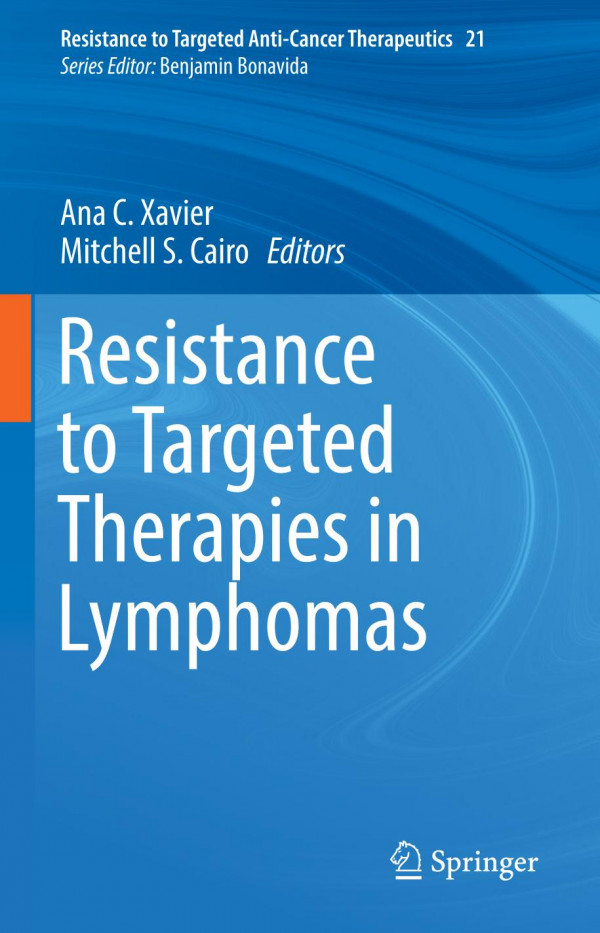

Most ebook files are in PDF format, so you can easily read them using various software such as Foxit Reader or directly on the Google Chrome browser.
Some ebook files are released by publishers in other formats such as .awz, .mobi, .epub, .fb2, etc. You may need to install specific software to read these formats on mobile/PC, such as Calibre.
Please read the tutorial at this link: https://ebookbell.com/faq
We offer FREE conversion to the popular formats you request; however, this may take some time. Therefore, right after payment, please email us, and we will try to provide the service as quickly as possible.
For some exceptional file formats or broken links (if any), please refrain from opening any disputes. Instead, email us first, and we will try to assist within a maximum of 6 hours.
EbookBell Team

4.8
14 reviewsOver the past few decades, lymphoma patient outcomes have improved as a result of multidrug chemotherapy and radiation therapy, intensification of treatment, improvement in supportive care, and better imaging and staging systems. Even more recently, there has been tremendous progress in the understanding of cancer cell biology and its microenvironment which has resulted in the development of biologic agents, also called "target" therapies. These therapies are more specific in targeting cancer cells either directly or via enhancement of the immune system. Many clinical studies have focused on biological agents in combination with traditional chemotherapy with the goal of improved outcomes, or reduced acute long term complications that are associated with lymphoma therapy.
This volume will review different classes of "target" drugs that have been developed, approved, or are under investigation in the field of lymphoma therapy. The discussion will not only be on the understanding of the mechanisms of action or clinical response of those agents, but will also help the reader to understand the nature of lymphoma biology in patients who relapse or are refractor after exposure to those drugs.
Contributors will discuss what is currently known about mechanisms of tumor-related or host-related resistance, and how to overcome this resistance. This understanding is crucial given the dismal outcomes of patients with relapsed or refractory lymphomas. The book provides a unique opportunity to review and reflect on the recent successes and pitfalls of the modern lymphoma therapy era.